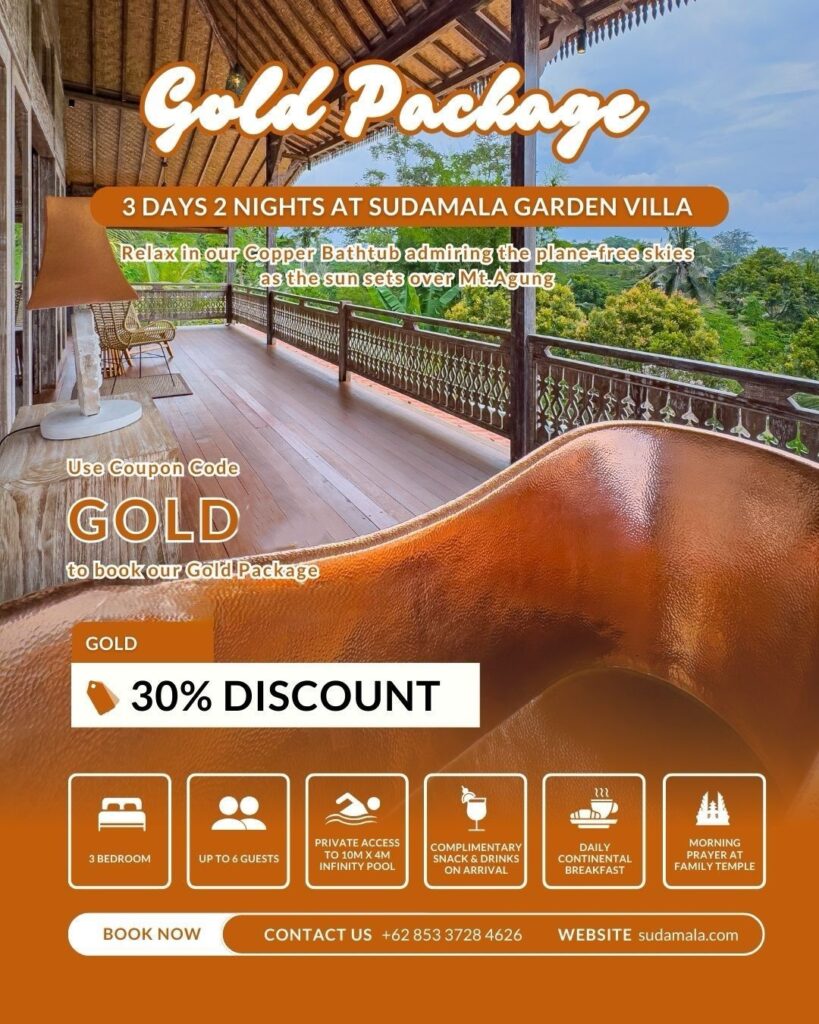In the verdant heart of Bali, where nature thrives in symphony with tradition, an age-old practice whispers the secrets of renewal—composting. Among permaculture enthusiasts, this humble yet profound act transforms waste into wealth, breathing new life into soil that cradles the future. In the world of permaculture Bali, composting is more than mere decomposition; it is a ritual, a promise to the earth that nothing is wasted, only reborn.
The Art of Composting: A Cycle of Regeneration

Nature, in its wisdom, knows no waste. Fallen leaves return to the soil, nourishing roots that stretch towards the sky. Fruits ripen, perish, and surrender their seeds to the wind, birthing new life. Composting mirrors this sacred dance, breaking down organic matter into nutrient-rich humus—an elixir for fertile land.
For those embracing slow living, composting is a gentle rebellion against the excesses of modern life. It invites us to reconsider our relationship with waste, to view banana peels, coffee grounds, and vegetable scraps not as discards but as offerings to the earth.
Getting Started: Choosing the Right Composting Method
Aspiring composters in Ubud have a wealth of techniques at their fingertips, each tailored to their unique space and needs. Whether nestled within the lush Tegallalang Rice Paddies or within the walls of an urban retreat, there is a method for every gardener, farmer, and eco-conscious traveller.
- Traditional Heap Composting – The simplest approach, where organic materials are stacked and left to decompose naturally. Frequent turning ensures aeration, hastening the breakdown process.
- Vermicomposting – Utilising earthworms to transform waste into nutrient-rich castings, this method is perfect for small-scale composting enthusiasts.
- Bokashi Composting – A Japanese technique that ferments food waste using microorganisms, ideal for indoor composting.
- Hot Composting – A faster, temperature-controlled method requiring careful layering of greens (nitrogen-rich waste) and browns (carbon-rich materials) to accelerate decomposition.
Whatever the choice, composting is a declaration of sustainability, a quiet promise to protect the land that nourishes us.
Composting Ingredients: A Recipe for Rich Soil

Like any Bali cooking class, composting follows a precise balance of ingredients—though instead of spices and herbs, we blend organic matter.
- Greens: Nitrogen-rich materials such as fruit and vegetable scraps, coffee grounds, and grass clippings.
- Browns: Carbon-rich elements like dried leaves, sawdust, paper, and coconut husks.
- Water & Air: Essential for microbial activity, ensuring decomposition thrives without odours or stagnation.
The golden rule? Balance. Too many greens lead to excess moisture and unpleasant smells, while an overdose of browns slows decomposition. Like crafting a perfect Balinese dish, the key is harmony.
Composting in Ubud’s Permaculture Farms
Several permaculture farms across Ubud integrate composting into their daily practices, demonstrating its role in regenerative agriculture. As part of Bali cultural tours, visitors can step into these sanctuaries of sustainability, witnessing first-hand the transformation of kitchen waste into nutrient-dense soil.
Guided by local farmers, guests are invited to participate in compost-making—turning heaps, layering materials, and understanding the delicate alchemy that turns scraps into sustenance. The process is not just educational but deeply meditative, offering a newfound appreciation for the land’s capacity to regenerate.
Many farms also operate Organic Farmers Markets, selling compost-enriched produce that nourishes both body and soul. For those seeking deeper involvement, workshops offer insights into creating home composting systems, ensuring that sustainable practices extend beyond the farm and into personal gardens and kitchens.
The Role of Composting in Bali’s Sustainable Future
Ubud is more than a destination; it is an ethos—an island-wide embrace of mindful living. Composting plays a crucial role in Bali’s shift towards sustainability, reducing landfill waste while enriching the very soil that supports its abundant greenery.
 Restaurants and cafes, particularly those committed to organic dining, integrate composting into their operations. Discarded vegetable peels and food scraps find their way back to the soil, completing the cycle of renewal. Even eco-conscious accommodations encourage visitors to participate, ensuring that tourism aligns with environmental responsibility.
Restaurants and cafes, particularly those committed to organic dining, integrate composting into their operations. Discarded vegetable peels and food scraps find their way back to the soil, completing the cycle of renewal. Even eco-conscious accommodations encourage visitors to participate, ensuring that tourism aligns with environmental responsibility.
For travellers immersed in slow living, composting is an extension of mindful existence. It is the act of returning, of giving back to the land that sustains us. Whether it be through tending compost piles, supporting farmers at an Organic Farmers Market, or simply rethinking the fate of one’s leftovers, each gesture contributes to a greener, more abundant world.
Challenges and Solutions in Composting
As with any ecological practice, composting presents its hurdles. Pest control, improper decomposition, and foul odours can deter beginners. Yet, as in permaculture, solutions lie within nature itself:
- Odour Management: Ensuring proper aeration and a balanced mix of greens and browns prevents unpleasant smells.
- Pest Prevention: Sealing compost bins or covering heaps with dry leaves keeps unwanted visitors at bay.
- Speeding Decomposition: Chopping scraps into smaller pieces and turning the heap frequently accelerates the process.
With patience and practice, composting becomes second nature, an effortless addition to sustainable living.
Conclusion: A Journey Towards Abundance
To compost is to embrace transformation—to witness the quiet miracle of decay giving birth to renewal. In the heart of permaculture Bali, composting is not merely a technique; it is an expression of reverence for the earth, a whisper of gratitude for the cycles that sustain life.
Ubud, with its commitment to sustainability, invites us to step into this rhythm—to turn waste into wealth, scraps into sustenance, past into future. Whether through farm immersion, market visits, or personal composting endeavours, each effort weaves into a larger tapestry, preserving the island’s fertile beauty for generations to come.
For in the end, composting is more than a practice—it is a philosophy, a promise, a return to the wisdom of nature.
